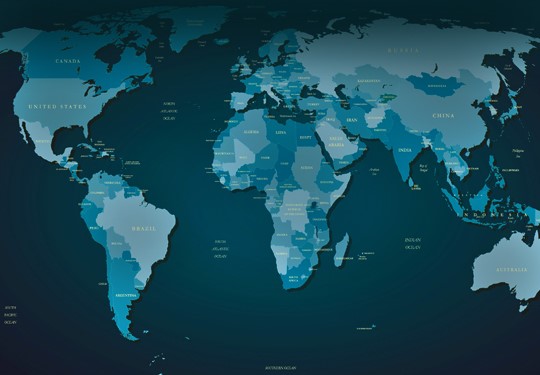The South Carolina Department of Employment and Workforce (DEW) is responsible for the administration of the State’s Unemployment Compensation Program by establishing and maintaining the solvency of the Unemployment Insurance Trust Fund and by providing re-employment services to South Carolina citizens. Specifically, DEW is responsible for paying unemployment insurance benefits, collecting unemployment taxes, helping people find jobs, matching businesses with qualified candidates, and collecting and disseminating state/federal employment statistics. The DEW is one of sixteen cabinet agencies in South Carolina.
In August 2017, the Department of Employment and Workforce released a Request for Quote for a review of the Agency’s current forecasting tools and processes. The assignment included documenting the underlying assumptions used in the forecasts and analyzing the work performed in the Finance Department to produce the forecasts. Iknow was selected by the DEW’s Chief Financial Officer to perform this assignment.
Iknow’s approach for completing the scope of work consisted of the following five tasks:
- Onsite interviews with key DEW staff.
- Analysis of the existing forecasting Excel spreadsheet.
- Review of the DEW’s forecasting-related reports.
- Review of documents received from Iknow’s data requests.
- Analysis of a representative set of historical expense profiles for grant contracts.
Iknow conducted ten in-person interviews with the DEW’s finance and executive staff and reviewed the DEW’s forecasting business process, data sources, assumptions, and tools.
Iknow discovered that the variability in the current financial forecasts was caused by two primary factors:
- Lack of appropriate models. The forecasting tools did not adequately characterize the DEW’s expected future revenue and expense streams.
- Incorrect simplifying assumptions. Several simplifying assumptions used in the current forecasting spreadsheet contributed to the large variances in the forecasts.
Iknow also found that the current financial forecasting processes and tools could be improved by making explicit the financial modeling assumptions, incorporating more sophisticated modeling approaches, documenting the forecasting business process, and using better software tools.
Lastly, Iknow researched commercial, off-the-shelf (COTS) forecasting/financial modeling/business intelligence (BI) software products and provided four product recommendations to the Chief Financial Officer.
Iknow summarized its analyses and findings in a written final report. The final report contained a series of recommended next steps.
The CFO accepted Iknow’s recommendations and asked Iknow to perform the improvements and systems implementation.


